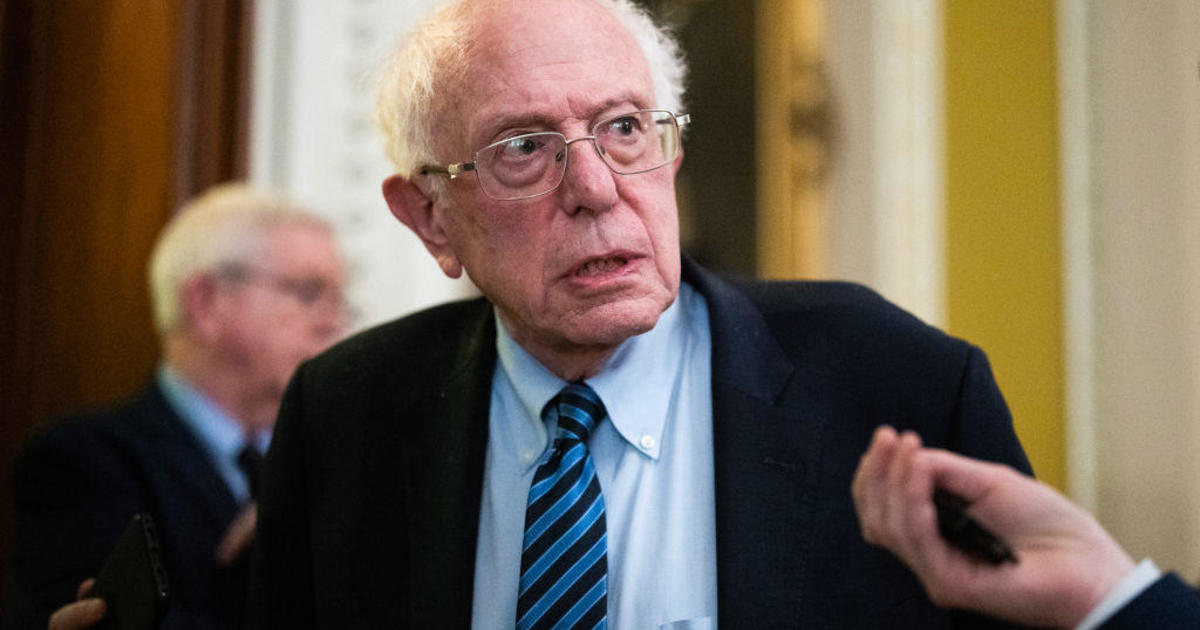World Cancer Day aims to debunk four "myths" on global killer
Cancer is a global killer, taking 7.6 million lives across the world each year.
About four million of those deaths occur in people between the ages of 30 and 69, according to the Union for International Cancer Control (UICC) and the International Agency for Research on Cancer (IARC). The groups are calling for urgent action to reduce the number of these premature deaths from cancer by 25 percent -- or 1.5 million deaths -- as part of their campaign for World Cancer Day, held on Feb. 4, 2013.
The campaign is a part of the World Health Organization's "25 by 25" target to reduce premature deaths caused by non-contagious diseases by 25 percent by the year 2025.
"There is now a need for a global commitment to help drive advancements in policy and encourage implementation of comprehensive National Cancer Control Plans," Dr. Christopher Wild, director of IARC, said in a press release. "If we are to succeed in this, we have a collective responsibility to support low- and middle-income countries who are tackling a cancer epidemic with insufficient resources."
For World Cancer Day, officials hope by spreading awareness, they can debunk four "key cancer myths" that permeate throughout world in the new "Cancer - Did you know?" campaign.
The first myth the groups aim to debunk is that "cancer is just a health issue." However, the groups argue cancer's toll stretches beyond health to have social, economic and human rights' implications. Cancer is both a cause and result of poverty, they note, because the disease prevents families from earning income because of high treatment costs, and at the same time, some groups have less access to education and health care, which could add to a person's risk of getting cancer. The groups also argue that two cancers, cervical and breast cancer, are threatening improvements in gender equality because the diseases account for 750,000 deaths of women each year in developing nations.
Another cancer myth the group debunks states that cancer is only a disease of wealthy, older people who live in developed countries. Not so, according to the campaign, which estimates more than 55 percent of cancer deaths occurred in less-developed regions of the world, numbers that are expected to climb by 2030.
"The impact of cancer on all populations is devastating but especially so for poor, vulnerable and socially disadvantaged people who get sicker and die sooner as a result of cancer," according to the campaign.
What's more, about half of cancers in developing countries occur in individuals younger than 65, often during their prime working years. Cancers in children ages 5 to 14 is also a leading cause of death for kids in many countries, but even those who survive could face difficulties getting education and entering the workforce due to disability or significant treatment costs.
- Women's lung cancer death rate almost the same as men's
- Cancer death rates drop 20 percent in 2 decades
- Study: Cancer deaths less common in people taking aspirin daily
Also a myth, according to the campaign, is that "cancer is a death sentence." For World Cancer Day, officials hope to convince people of the opposite, that many cancers that were once considered incurable can now be treated effectively or even cured. In addition to touting prevention and screening, the groups want to ensure that people worldwide are given access to effective cancer medicines and proven multidisciplinary treatment programs to ensure the best care.
Finally, for World Cancer Day, officials want to dispel the myth that "cancer is my fate," putting the spotlight on prevention. They note that diet, exercise and maintaining a healthy body weight could prevent about one-third of the world's most common cancers. Programs aimed at reducing tobacco use can curb about 71 percent of all lung cancer deaths and at least 22 percent of deaths from other cancers. Besides behavioral changes, reducing chronic infections such as hepatitis B and human papillomavirus (HPV) through vaccines should be a measure implemented into national cancer control plans, the groups said.
"By truly understanding this deadly disease, governments can develop appropriate strategies to reduce premature deaths and reach the WHO '25 by 25' goal," Cary Adams, CEO of UICC, said in a press release. "The figures today announced by IARC and UICC reveal the fundamental human value of achieving this target. 1.5 million people saved from an early death due to cancer is equal to the entire populations of Philadelphia, Auckland, Barcelona or Maputo each and every year."
Visit the World Cancer Day website for more information on the campaign.




